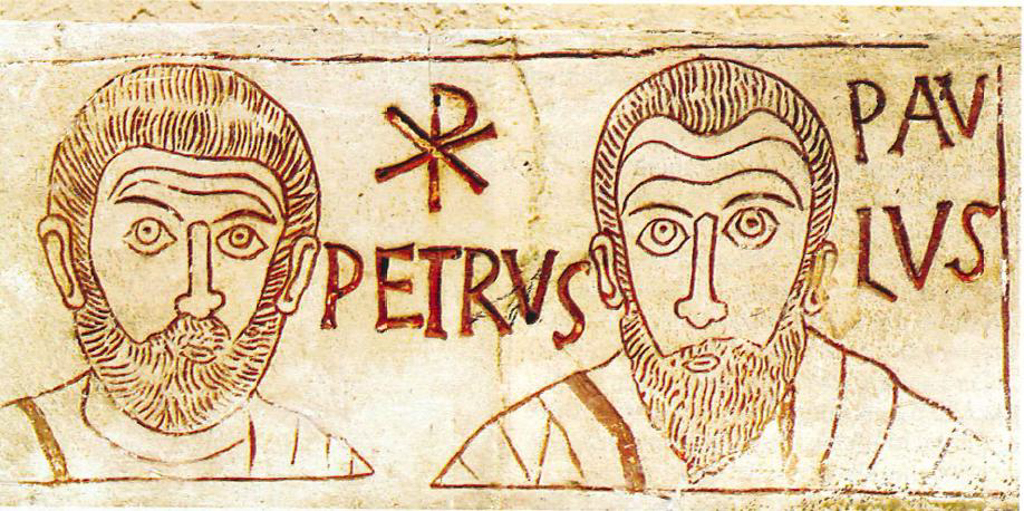I used to believe that the Holy Spirit is merely the power of God and that’s it. But later on, I was given more illumination by the Holy Spirit to know him better. I now believe that the Holy Spirit is not just merely power but that the Holy Spirit is God.
It would take a great deal of in-depth study to deal with this topic but in this blog, let me just focus on one point regarding the term “another Comforter” used by Jesus in the King James Version of the Gospel of John. By studying this term, we will hopefully understand that the Holy Spirit is truly God and not just merely the power of God.
Who is the Paraclete?
In both 1 John 2:1 and John 14:16, the word translated Comforter or Advocate comes from the Greek word, parakletos. Other Bible translations or versions render it also as Helper, Paraclete or Counselor. Let us just use the word Comforter of the King James Version since it’s familiar to all.
Both passages come from the same author, John. The context is quite clear in 1 John 2:1 that John is referring to the Lord Jesus Christ as the Comforter. This is not in doubt.
But on the other hand, it is also quite clear based on context in John 14:16-17, 26 and John 15:26 that the Comforter being referred to here by Jesus himself is the Holy Spirit and not himself. Jesus made a clear distinction between himself and the Holy Spirit. Who then really is the Comforter?
Jesus is Our Comforter
Well, as I understand it in plain English (not my native language), Jesus Christ is our Comforter. When Jesus said “And I will pray the Father, and he shall give you another Comforter, that he may abide with you for ever” (KJV John 14:16-17, 26), I take it to mean that Jesus was referring to himself as the Comforter while he referred to the Holy Spirit as another Comforter. That is quite clear in this passage, I think.
The Holy Spirit is Another Comforter

A Greek theologian, Dr. Kyriakos Stavrinides explained this very important word “another“ to all the ministers of the Worldwide Church of God gathered during a conference in Tagaytay, Philippines sometime in 1993-1994. He said that there are two Greek words that Jesus could have used for the word “another“ namely, 1) “allos” which means another of the same quality and status and, 2) “heteros“ which means another of a different quality and status.
Jesus chose the Greek word, allos. He clearly meant that the Holy Spirit was of the same quality and status just like him! Jesus could have used the Greek word, heteros but he did not! Jesus knew what he wanted to say and what he meant! And John wrote it that way! Clearly, the Holy Spirit is God just like Jesus is God.
As a native Greek speaker, Dr. Stavrinides explained that that is the only way to understand it in Greek.
Jesus is the Paraclete and the Holy Spirit is another Paraclete of the same quality and status whom Jesus sent after he went back up to heaven. They are one with the Father. The Father and the Son are in us because the Holy Spirit is in us to comfort us, guide us and lead us until Christ be formed in us.
There is no doubt in my mind. The Holy Spirit is God!
Featured photo above: Ardent Hot Springs, Camiguin Island, Philippines. By Veejay Joson





